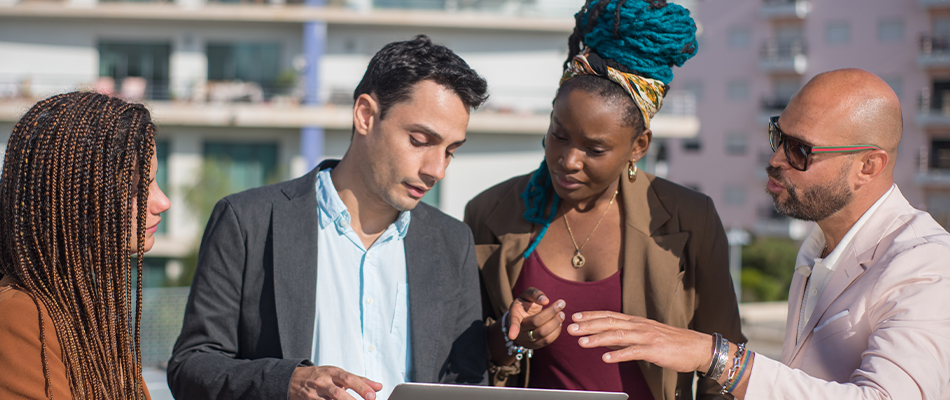When we talk about property ownership, it is often associated with long-term financial gains and investment portfolios. However, while property can indeed be a significant financial asset, it is important to see it in a different light as well: as a lifestyle asset that directly impacts our daily living and well-being. Upgrading our lifestyle by owning property should be approached with caution, balancing the desire for a better quality of life with the need to maintain financial stability.
Here are some key points to consider when evaluating property as a lifestyle asset:
-
Avoid Overextending Your Budget

Purchasing a new property can be exciting, but it is important not to let the thrill of upgrading your lifestyle overshadow your financial reality. Overextending your budget on a property purchase can lead to long-term financial stress, impacting your ability to meet other essential expenses such as healthcare, and education. When evaluating a potential property purchase, consider your monthly income, expenses, and existing debt obligations. Ensure you have a clear understanding of how the purchase will impact your finances both now and in the future. Consider not only the purchase price of the property, but also the initial once of costs, such as the bond registration and transfer duties, as well as ongoing expenses associated with owning property such as maintenance, insurance cost and security to name a few. Keep in mind that although property will make up a portion of your investment portfolio, it is not wise to justify buying property as an asset if it might put strain on other financial areas in your life.
-
Maintain Liquidity

Liquidity refers to the ease with which you can convert assets into cash. While property can form a significant part of your investment portfolio, it is an illiquid asset that can take time to sell, often requiring you to lower the asking price or wait for the right market conditions. It’s crucial to have a diverse investment portfolio that includes liquid assets like cash, shares, and bonds along with property in your overall portfolio. Aim to first have a liquid financial buffer, before buying property as it will help you manage unexpected expenses or seize new investment opportunities without having to sell your property in a hurry.
-
Balance Lifestyle and Financial Goals

When deciding whether to purchase a new property, carefully weigh your lifestyle goals against your long-term financial objectives. For instance, you may desire a larger home in a desirable neighbourhood to improve your quality of life, but doing so might mean sacrificing your retirement savings or other investments. Prioritise your overall financial health by making a decision that aligns with both your lifestyle aspirations and your long-term goals for financial security and stability.
-
Evaluate the Property’s Impact on Your Portfolio

Adding property to your investment portfolio can diversify your assets, but too much real estate can also skew your investment mix. Assess how a potential property purchase will affect your portfolio’s risk profile. A balanced portfolio should include a mix of different asset classes that offer varying levels of risk and return. By keeping real estate as one component among many, you can mitigate potential risks associated with market downturns.
-
Consider the Long-Term Commitment

Owning property is a long-term responsibility that extends beyond the initial purchase. You’ll need to account for ongoing expenses such as maintenance, taxes, and insurance. Additionally, market downturns or changes in neighbourhood desirability can affect your property’s value. Being prepared for these long-term commitments ensures that you can enjoy your property without jeopardising your financial well-being.
-
Prioritise Financial Flexibility

Maintaining financial flexibility allows you to navigate life’s uncertainties with confidence. Over-committing to a property can limit your options if you encounter unexpected challenges such as job loss, medical emergencies, or sudden expenses. By retaining sufficient liquidity and ensuring your financial portfolio remains diversified, you can protect yourself against these challenges and continue to enjoy your property without undue stress.
While owning property can greatly enhance your lifestyle, it should be approached with a balanced perspective. Avoid justifying an expensive property purchase purely as an investment if it puts your budget and other finances at risk. By keeping other liquid assets available and maintaining a diversified portfolio, you can enjoy the lifestyle benefits of property ownership while ensuring your long-term financial stability.







